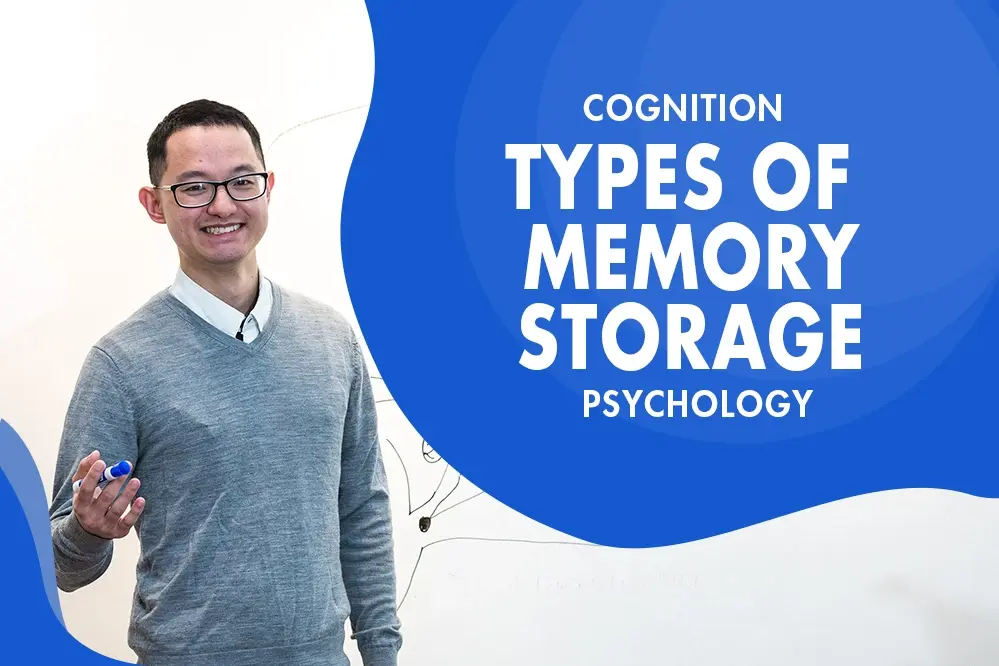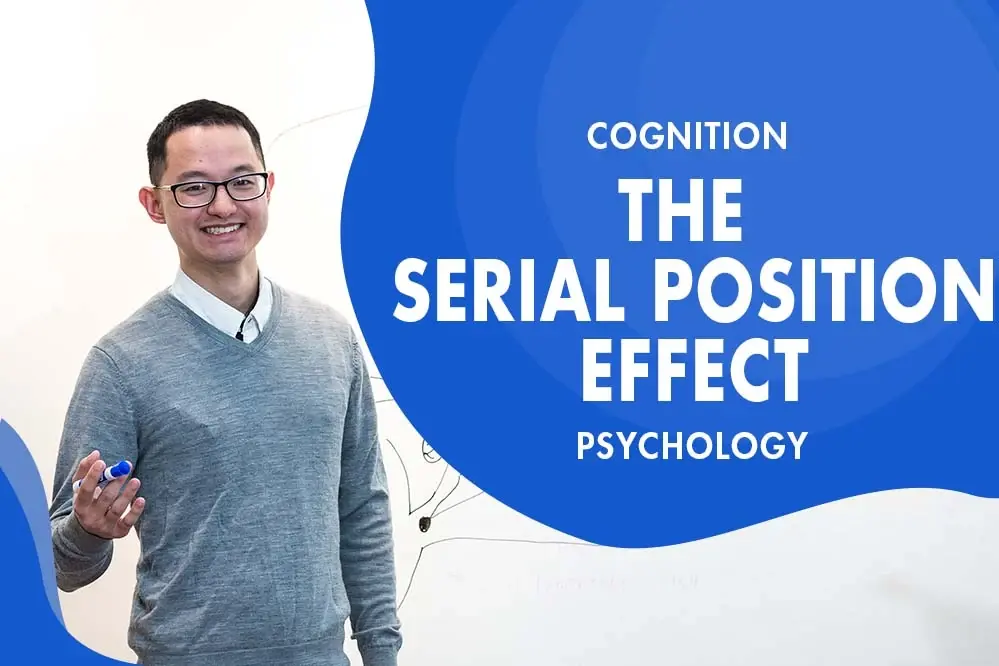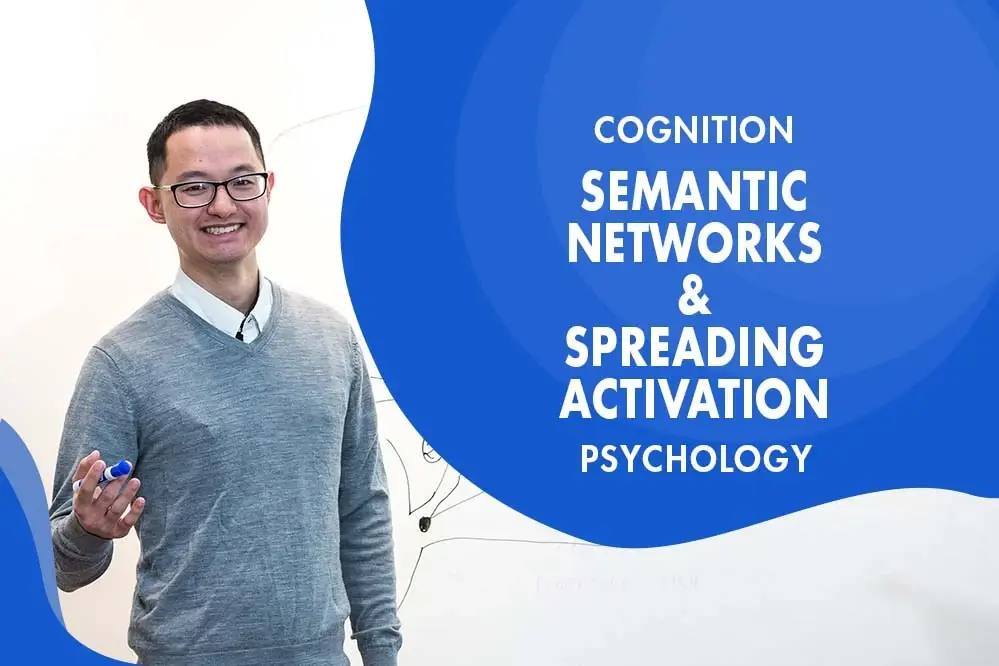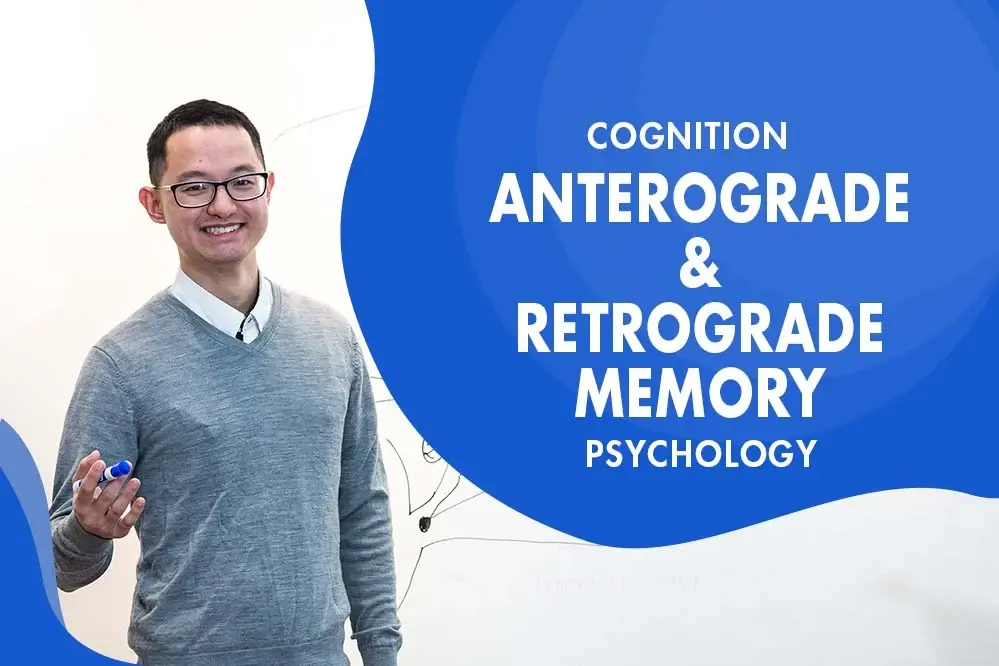b) Episodic memory
c) Procedural memory
d) Working memory
Explicit Memory vs Implicit Memory
When most people think of memory, they think of explicit memory, or the ability to remember specific events. This type of memory is usually indicated by a clear sense of recollection, such as remembering what you had for breakfast this morning. However, there is another type of memory that is often disregarded- implicit memory. Implicit memory refers to the ability to do things without consciously thinking about them, such as riding a bike or tying your shoes. In today’s post, we will be discussing the differences between explicit and implicit memory, and providing some examples to help illustrate these concepts. Keep reading to learn more!
What Is Explicit Memory?
Explicit and implicit memory are the two types of long-term memory. Explicit memory is also called declarative memory because it involves information that you can consciously recall, state, and describe. In other words, it is concerned with the long-term memory storage of facts, experiences, and concepts that you can explicitly recall and discuss when needed. Explicit memory can be subdivided into semantic memory and episodic memory. Semantic memory refers to the memory of facts and concepts, for example, the names of fruits. Episodic memory is the long-term storage of personal experiences. For example, you might recall the first time you flew in a plane.
For both types of explicit memory, the hippocampus is required for proper functioning. We previously discussed the case of Henry Molaison, who underwent a medial temporal lobectomy in order to treat his severe epilepsy. His hippocampus was damaged and he was no longer able to use his explicit memory. However, he was still able to use implicit memory
What Is Implicit Memory?
Implicit memory is also called non-declarative memory because it involves the storage of unconscious feelings and behaviors. Procedural memory, one type of implicit memory, is long-term storage that aids in the performance of routine tasks, for example, tying your shoes or riding a bike. The hippocampus is not required for implicit memory storage.
Explore More
MCAT Masterclass Chapters
Take a closer look at our entire MCAT Masterclass or explore our Psychology lessons below.
- MCAT Psychology Types of Memory Storage - MCAT Psychology View Subject
- MCAT Psychology The Serial Position Effect - MCAT Psychology View Subject
- MCAT Psychology Semantic Networks & Spreading Activation - MCAT Psychology View Subject
- MCAT Psychology Anterograde & Retrograde Memory - MCAT Psychology View Subject
- MCAT Psychology Proactive vs Retroactive Interference - MCAT Psychology View Subject
- MCAT Psychology Types of Problem Solving - MCAT Psychology View Subject




